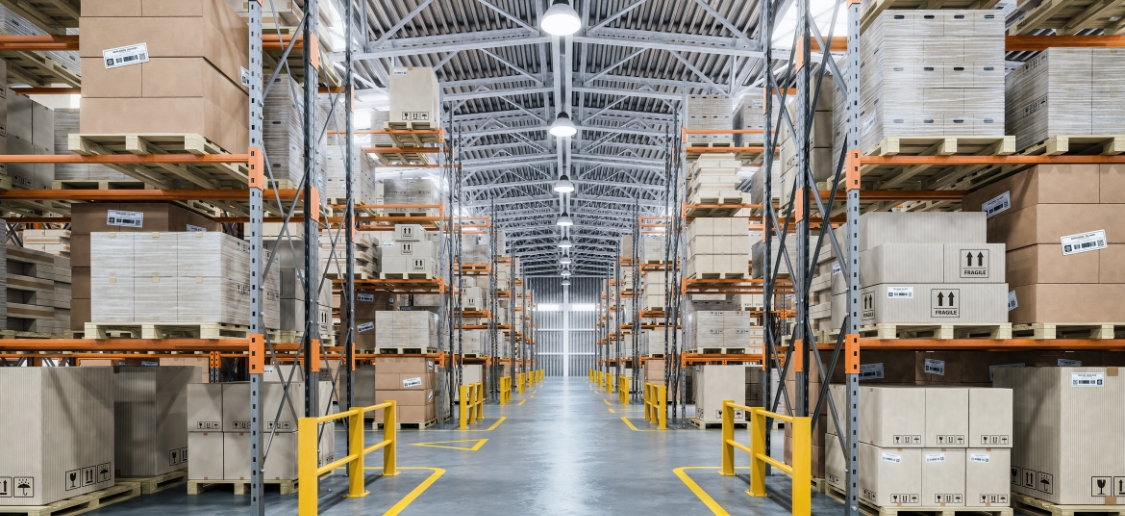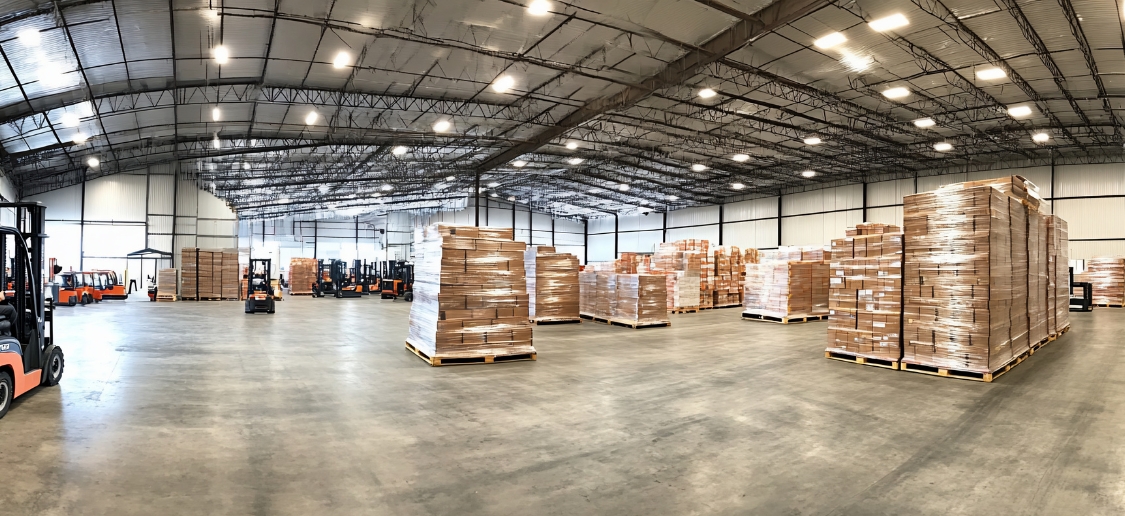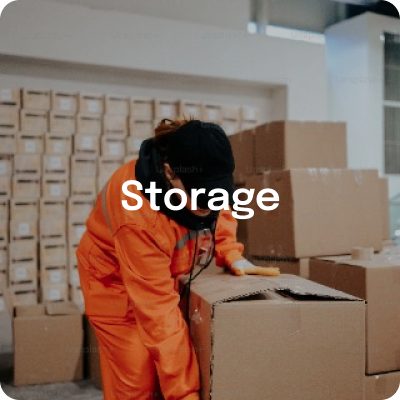- 1. Flammable or Combustible Materials
- 2. Hazardous Chemicals and Toxic Substances
- 3. Perishable Food and Organic Items
- 4. Living Creatures (Animals or Plants)
- 5. Weapons, Ammunition, or Explosives
- 6. Illegal or Stolen Goods
- 7. Cash, Jewelry and Valuables
- 8. Personal Identity Documents (in some cases)
- What You CAN Store
- To Conclude
- FAQs – Frequently Asked Questions

When using a storage space—whether for a short-term move, business stock, or long-term storage—it is mandatory to know what can and cannot be stored. While most storage providers offer safe and secure options for furniture, clothes, electronics, or office files, there are certain items that you cannot keep in the storage unit.
These are some restrictions which protect your belongings, the facility, and the people around you. Let us take a closer look at the items prohibited in storage spaces.
1. Flammable or Combustible Materials
You cannot store any item that can easily catch fire or explode, such as:
- Gasoline, diesel, or petrol
- Fireworks or crackers
- Paint, thinner, or varnish
- Lighter fluids
- Aerosol cans
2. Hazardous Chemicals and Toxic Substances
Warehouses do not support chemical reactions or leaks. That is why the following items are strictly banned:
- Pesticides or insecticides
- Acids, alkalis, or bleaching agents
- Radioactive items
- Fertilizers or industrial solvents
- Chemical lab samples
3. Perishable Food and Organic Items
Never store rot food that attracts pests or creates a bad smell. It includes:
- Fresh fruits or vegetables
- Cooked food or meals
- Dairy products
- Meat or seafood
- Bread or bakery items
4. Living Creatures (Animals or Plants)
Storage spaces are no place for anything alive. Not to keep pets, animals, or plants inside.
- No fish tanks or aquariums
- No potted or hanging plants
- No cats, dogs, rabbits, or birds
5. Weapons, Ammunition, or Explosives
You are not allowed to store guns, bullets, or any explosive material—even if licensed.
- Handguns, rifles, or air guns
- Ammunition, shells, or grenades
- Firearms accessories
- Pepper sprays or stun guns (in some states)
6. Illegal or Stolen Goods
You cannot store the banned item by law, that is:
- Counterfeit items (fake branded goods)
- Stolen electronics or luxury items
- Narcotics or illegal drugs
- Smuggled goods or black-market items
7. Cash, Jewelry and Valuables
Avoid storing:
- Loose cash or currency
- Expensive jewelry
- Precious stones
- Rare coins or valuable collectibles
8. Personal Identity Documents (in some cases)
While copies of documents like birth certificates or legal papers are stored in secure lockers to avoid any theft.
What You CAN Store
To clarify, here are some items that are allowed:
- Furniture (sofa, beds, chairs, tables)
- Clothes, bags, shoes
- Kitchenware and utensils
- Office files, books, and documents
- Electronic appliances (TVs and microwaves)
- Business stock or seasonal goods
To Conclude
Storage spaces are a great way to free up room in your home or office, but safety comes first. It is better to know what you can and cannot store. When in doubt, always ask your provider.
FAQs – Frequently Asked Questions
Q1. Why are certain items not allowed in storage?
Ans: Items are prohibited to ensure the safety of the facility, prevent fire or damage, avoid health risks, and follow legal regulations.
Q2. What happens if the banned item gets stored by mistake?
Ans: The skilled workers check the list. If, on the storage day, the items are on the packing list, then the workers tell you to remove them.
Q3. Do I store sealed food items or dry groceries?
Ans: Usually, due to the climatic conditions, the storage providers do not prefer food storage.
Q4. Can I store petrol-powered tools and lawnmowers?
Ans: You can store the clean tool without fuel.
Q5. What are the best ways to know about items that are allowed?
Ans: Before moving your goods, ask your storage provider for a detailed list of permitted and restricted items.







